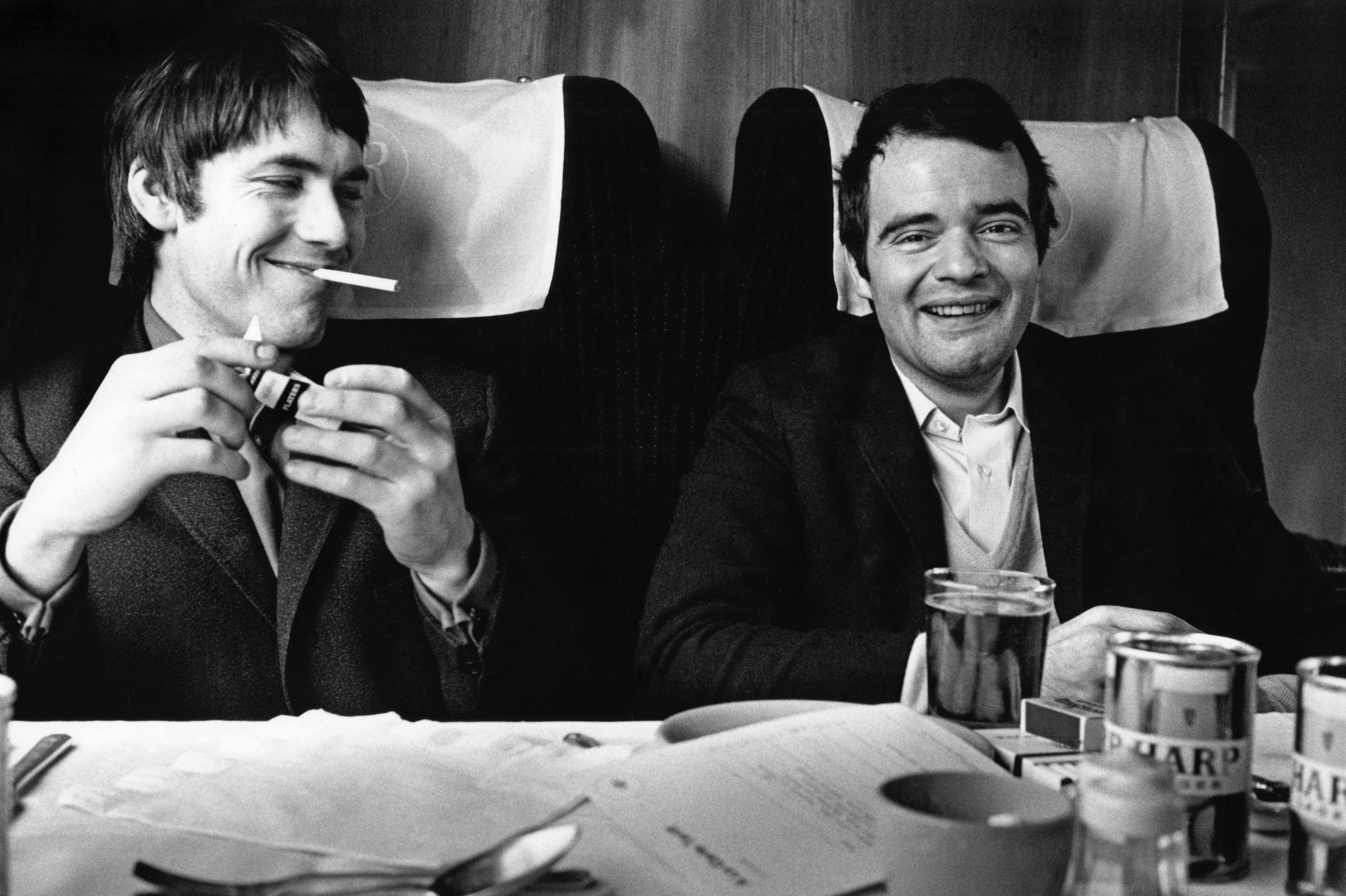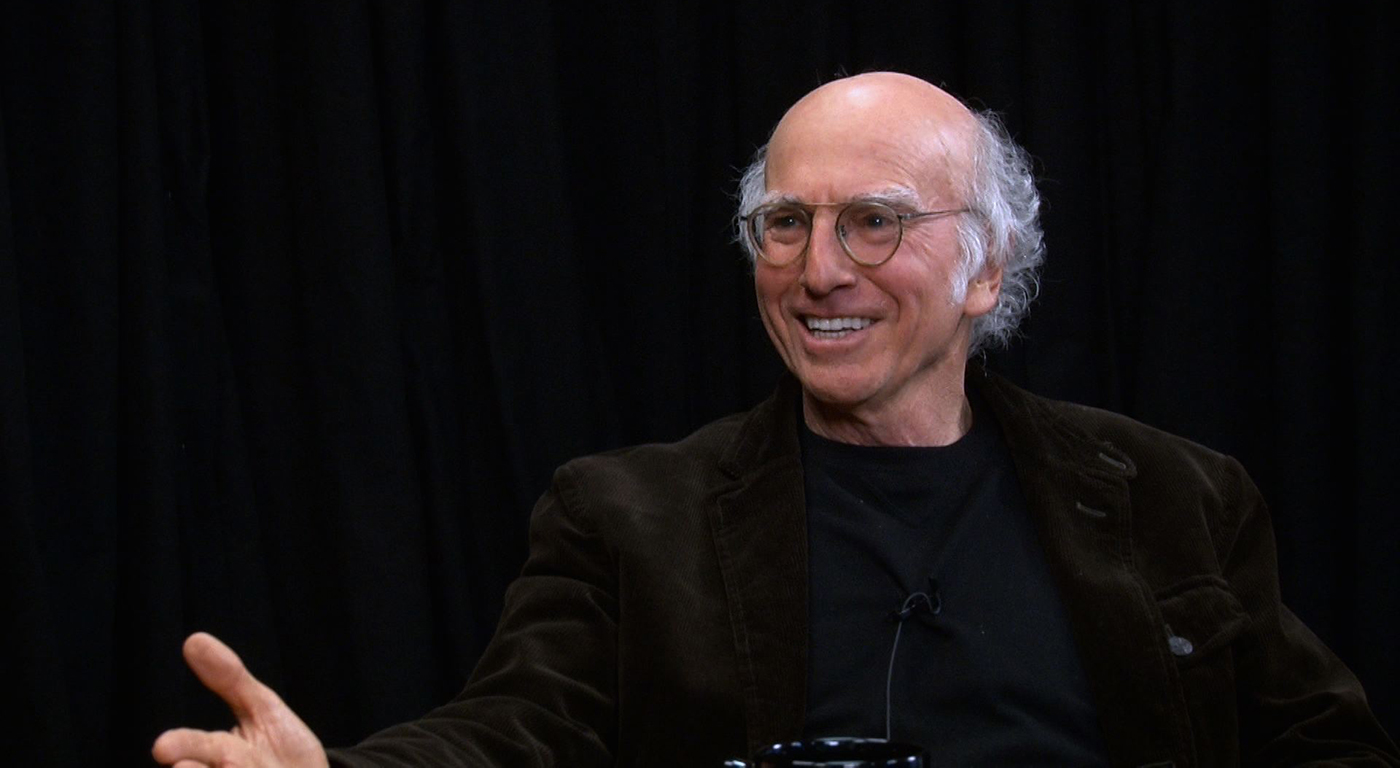FOR BETTER OR for worse (and it’s usually the latter), Quentin Tarantino so redefined the contemporary independent crime-film genre that practically every new picture smacks of that same cool wannabe pose and reference-riddled riffs, minus his genre-busting cleverness. Lock, Stock, and Two Smoking Barrels is a welcome entry in the flailing neo-noir tradition. Its snaky plot winding in on itself, funky characters speaking a lingo that couldn’t exist outside of a screenplay, humor mined from death, dismemberment, and gunshot wounds, and of course an aggressive bravura style that calls attention to the director as an unseen participant in the drama, all recall the Tarantino tropes since turned clich鮠But Guy Ritchie finds a style and pace of his own that (within the restraints of the genre!) is never less than clever.
Lock, Stock, and Two Smoking Barrels
directed by Guy Ritchie
opens March 12 at the Neptune
The set-up involves four pals who pony up 100,000 to put poker-playing hotshot Eddy (Nick Moran) into a high-stakes game run by porn king Hatchet Harry. Naturally the game is rigged, and they find themselves in debt to the tune of 500,000, for which Harry decides to hold the entire group responsible. But he’ll happily trade the IOU for the deed to the bar owned by Eddy’s dad, J.D. (Sting, whose appearance is limited to a few scenes). That’s not an alternative for J.D., so the boys need a plan.
Before you can say “get rich quick,” these would-be thugs round up a pair of firearms (antique single-shot rifles, which, while not particularly threatening for a hold-up, turn into key players in the story) and blissfully weave their way through the ensuing criminal roundelay set in motion by the heist. Ritchie doesn’t miss a trick guiding the trajectories of a dozen or so hit men, thugs, drug dealers, and various street delinquents into an inevitable, and inevitably violent, collision. Though he displays remarkable graphic restraint in letting most of the violence play off-screen, there’s still enough blood and carnage to make all but the stoutest flinch.
Lock, Stock, and Two Smoking Barrels is a runaway hit in Britain, where the regional accents, East End flavor, and cultural types have (I assume) more resonance than here in the US. But Cockney flair aside, it’s pretty much a guys-with-guns affair done up with style and humor, peopled with a rogue’s gallery of colorful characters, and presided over by a chummy narrator who fills in the story’s background like a mate over pints at the pub. It’s unlikely to make the same splash stateside—I can’t imagine mainstream audiences going in for this violent caper, no matter how stylish—but it’s nice to see someone bring his own sensibility to a genre so long dominated by Tarantino copycats.







